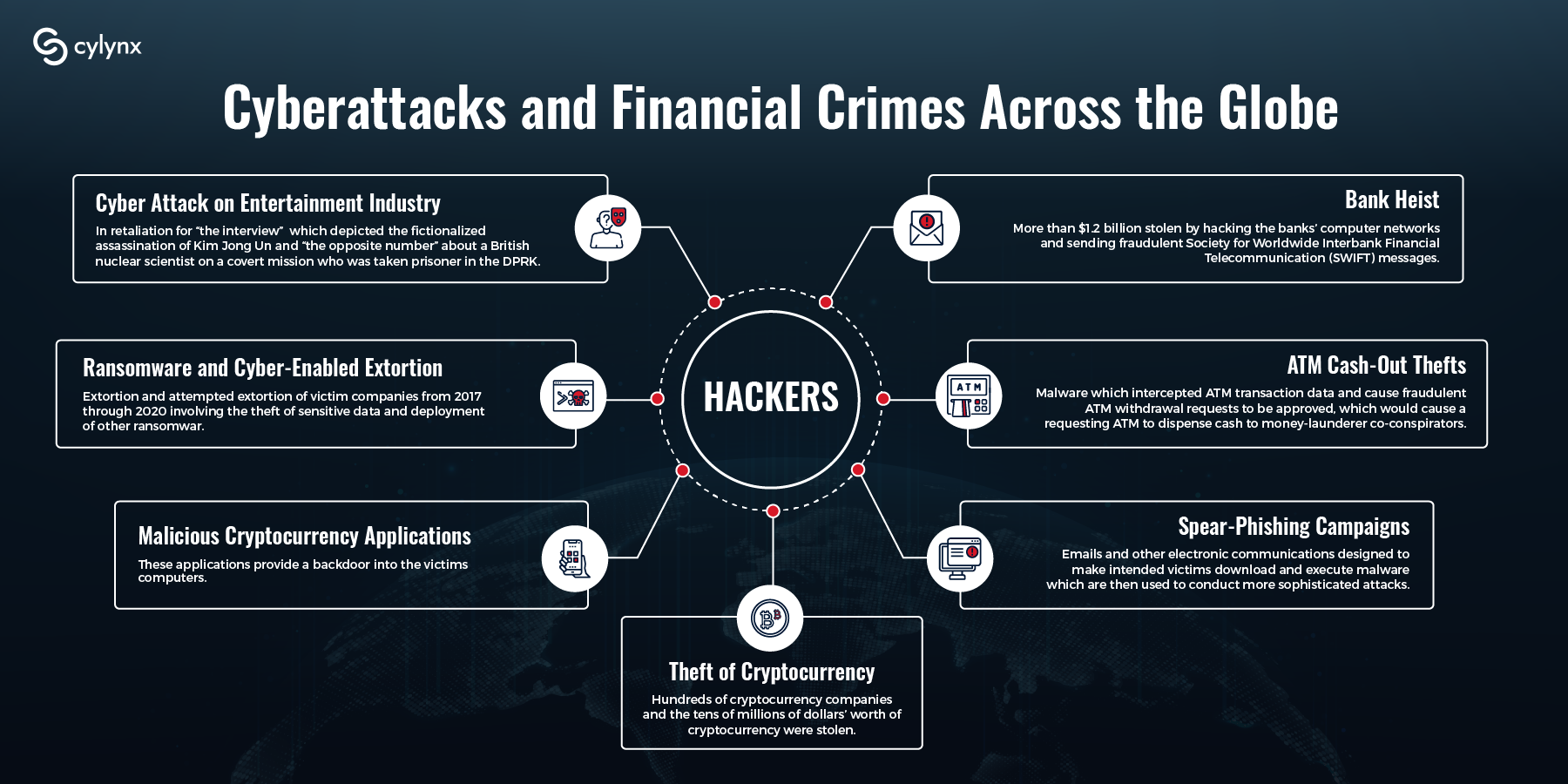On 19 October 2020, The Financial Crimes Enforcement Network (FinCEN) imposed a $60 million fine against Larry Dean Harmon for violations of the Bank Secrecy Act (BSA). This is the first time that enforcement actions have been taken against a mixing service in the United States.
What are mixing services? Mixing services, also known as mixers or tumblers, provide a way to anonymise transactions by pooling multiple transactions from different origin wallets together before splitting the funds into other intermediary wallets and recombining them at the final destination account. This allows a user to obscure the trail back to its original source. While there might be legitimate users of such services such as more privacy conscious users, it is often used to obscure the trail of suspicious and illicit activities and is an area of concern for regulators.
Harmon was the administrator and operator behind Helix and Coin Ninja, exchanges which provide mixing or tumbling services for bitcoin (BTC) transactions. He is accused of conspiring to launder money through the operations of an unlicensed money service business (MSB). What can we learn about how suspicious exchanges / entities operate and what do these guidelines mean to exchanges operating in the United States?
Requirements under the BSA
The Bank Secrecy Act is a U.S. law that establishes record keeping and reporting requirements for banks, savings associations, federal branches and agencies of foreign banks with the intention to prevent criminals from using financial institutions to hide or launder money. Under the BSA and related anti-money laundering laws, financial institutions must:
- Establish effective compliance programs
- Establish customer due diligence systems and monitoring programs
- Screen individuals against the Office of Foreign Assets Control (OFAC) and other government lists
- Monitor suspicious activity and report them by submitting a Suspicious Activity Reports (SAR)
- Report suspicious activities that might be linked to criminal activity
- File reports of cash transactions exceeding $10,000
In its 2013 guidance, the FinCEN clarifies that administrators and exchanges of virtual currencies like bitcoin is considered as a money transmitter and has to comply with the regulations set out in the BSA.

Allegations against Harmon / Helix / Coin Ninja
According to FinCEN's assessment:
- Harmon did not register as a MSB
- Failed to collect and verify customer's information on over 1.2 million transactions
- Failed to implement and maintain an anti-money laundering (AML) program
- Failed to report suspicious activities
- Engaged in transactions with narcotics traffickers and other criminal organizations
Furthermore, Helix the exchange started by Harmon created a system to facilitate illicit activity and even interacted directly with 39 darknet marketplaces including AlphaBay, Abraxas Market, Agora Market and TradeRoute Market.
The trail that binds them all
In laying out the claims against Helix, the enforcement action also detailed some of their research and findings. It gives a glimpse of the methods regulators are using to identify money laundering cases and the power of graph analytics in connecting the trail of suspicious activity. Namely, the evidence shows an example of homophily i.e. birds of the same feathers flock together. Suspicious exchanges tends to interact with other mixing services, dark marketplaces and unregulated exchanges.
In the case of Helix, besides operating a bitcoin mixing service, it is also linked with 4 other mixing services. In total, more than $50 million were transferred to other mixing service associated addresses. Other than receiving and sending funds to dark market wallets, Helix was found to have transactions around $1 million with BTC-e, another unregulated exchange.
Towards a better risk monitoring system
The enforcement action highlights the need for exchanges, even registered virtual asset exchanges to have proper procedures in place to comply with the BSA's requirements. This would include establishing an effective AML program and thorough customer and transaction screening.
In screening customer and counterparties, one should take note of their customers and other parties they interact with. A network based approach to AML monitoring could help discover links between entities and discover hidden connections. Cylynx provides network based metrics and tracks the trail of transactions across the entire chain of connection, saving time and effort needed in maintaining large database systems. Contact us for more detail on how our scoring system could help accelerate your compliance requirements.
For more information on cryptocurrency red flags, check out our article on the indicators highlighted by the Financial Actions Task Force (FATF).
Enjoying the content?
Subscribe to get updates when a new post is published


